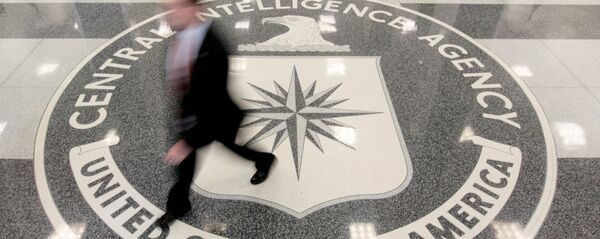NSA-contractor-turned-whistleblower Edward Snowden’s leaks about US surveillance caused major embarrassment to the Obama administration when it was revealed in 2013 that the National Security Agency had been intercepting German Chancellor Angela Merkel’s cellphone records. “Spying among friends, that isn’t done,” Merkel famously remarked at the time.
But it turns out that for at least a year after Merkel’s ascendency to chancellorship in 2005, the BND conducted surveillance on its American partners.
Germany kept tabs on email addresses at the White House and in other US federal government departments using thousands of keywords as search terms. “The document states that just under 4,000 search terms, or selectors, were directed against American targets between 1998 and 2006,” Der Spiegel reported on June 22, adding that it’s not known whether the selectors were used after 2006.
Apart from the White House, targets for BND surveillance were mainly entities relating to the US military and security apparatus. The BND kept tabs on defense giant Lockheed Martin, as well as the US Air Force, Marine Corps and Defense Intelligence Agency (an intelligence service at the disposal of the secretary of Defense).
American universities, NASA, the non-governmental organization Human Rights Watch and foreign embassies in Washington were also accessed, Der Spiegel reported. The International Monetary Fund and the Arab League’s Washington office didn’t escape the BND’s watchful gaze, either.
The German magazine reported that from a domestic standpoint, Merkel’s administration, the chancellor’s conservative Christian Democratic Union party and the center-left Social Democrats frequently regurgitate BND’s refrain that Germany has never spied on the US and that any data collection would fall under “coincidental capture.”
German spy chief Bruno Kahl would not disclose the agency’s past activities, Der Speigel noted. “The question of who the BND is permitted to surveil, and who it cannot, will not only be the subject of a stricter approval process in the future, but also more ambitious controls,” Kahl was quoted as saying.




